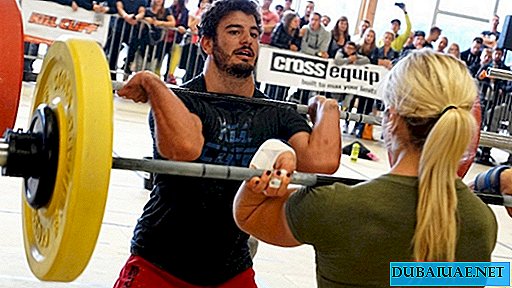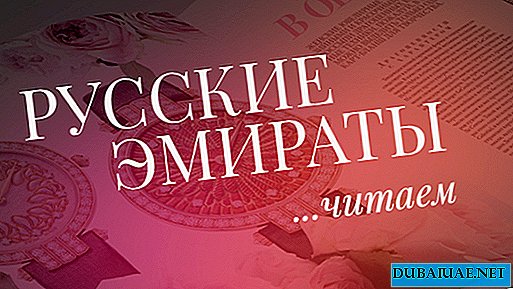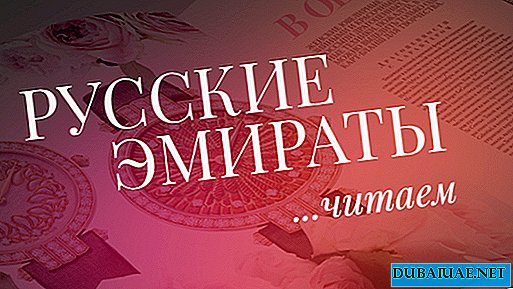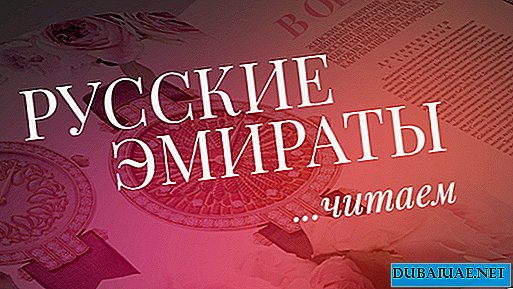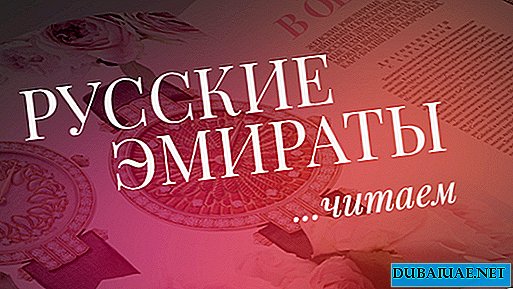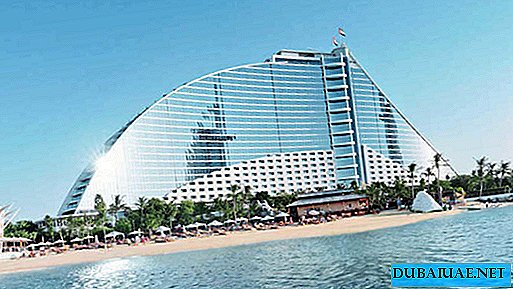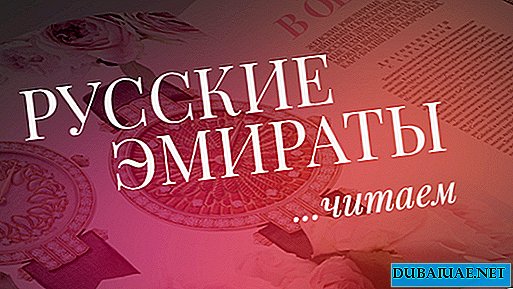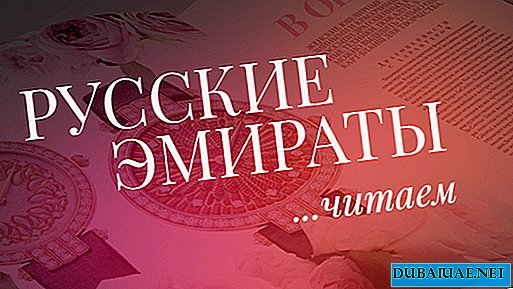 Text: Natalia Remmer
Text: Natalia Remmer MUHAMMED HUSSEIN AL SHAALI - THERE IS A SUCCESSFUL ENTREPRENEUR AND HEAD OF THE LARGEST EASTERN GULF CRAFT SHIPYARD, AND IN THE PAST - THE GOVERNMENT OF THE UNITED STATES OF FOREIGN AFFAIRS And, IMPORTANTLY, THE OWNER OF THE BEGINNING AND, IT IS POSSIBLE, THE END OF THE OIL EPOCH.
The authoritative emirate spoke about the transformation of the nation, the values of the Gulf and the future of the federation in an exclusive interview with the Russian Emirates.
Mr. Mohammed, there is practically no information about you in the public domain. Please tell us about your family.
Muhammad Al Shaali: As you know, two types of people historically live on the Gulf: one in the desert, the other on the seashore. They can be close relatives, one family, but lead a different lifestyle. My family had many Bedouins, desert inhabitants, but my father lived by the sea. He was the captain of a merchant ship that went to Africa, Asia and Persia. In fact, I was born on the beach (Muhammad Hussein Al Shaali was born in 1950. - Note. Ed.).
What happened on the Gulf during your childhood?
Muhammad Al Shaali: Before the emergence of the federation and oil, there was nothing here. Ignorance and poverty reigned, especially after the collapse of the pearl industry. There was no transport, no means of communication that could bring people together. Imagine that the British, during their presence here, did not invest in either education or health. In the 1960s, shortly before the country's unification, the Kuwaiti government opened several schools and built hospitals. Egypt sent teachers to the shore of the Gulf to educate children.
How did the idea of federation come about?
 Muhammad Al Shaali: Since the late 1960s, unification has become a slogan of victory. The rulers wanted to unite the country and believed that its future lay with the union. The emergence of a union treaty and constitution was a turning point in our history. The federation was based on partnerships between rulers and the people. People felt that they were taking part in the development of the country, and the rulers were part of the people. There was no concept of servant and master - and this idea became key to the development of a united country.
Muhammad Al Shaali: Since the late 1960s, unification has become a slogan of victory. The rulers wanted to unite the country and believed that its future lay with the union. The emergence of a union treaty and constitution was a turning point in our history. The federation was based on partnerships between rulers and the people. People felt that they were taking part in the development of the country, and the rulers were part of the people. There was no concept of servant and master - and this idea became key to the development of a united country.
We love to say that we received two blessings - oil and Sheikh Zayed. But if there is oil in many countries, then only we had such a leader. You know, he spent his own money to help people, even when he was the prince of Al Ain. His attitude towards people, his vision helped him gain the support of the people and become a national leader.
When did you feel a change for the better?
Muhammad Al Shaali: Instantly. Immediately after the merger, I received a scholarship and went to college, after which I was accepted for public service.
Abu Dhabi's money fed the country - before our eyes, new schools, hospitals and roads were being built, and the nation itself was growing. Stability, security and prosperity came to the country.
More foreigners arrive in the country. How does this affect the development of the nation?
Muhammad Al Shaali: Since we always lived near the water, we were always open to the world and interacted with other countries and cultures - it is easier for us to accept foreigners and their differences. The emirates today provide a great example of how people can live in peace and harmony. This will continue as long as everyone respects the law and those who live nearby.
Arriving in the country, we do not pass any tests or exams. How should we, foreigners, understand the way of life of local residents and their national identity?
Muhammad Al Shaali: We are Arabs, Muslims, open to the world and new knowledge. That is, in short. You know that besides common Islamic values, there are also Gulf values. They are manifested in relation to people to each other and become noticeable, for example, when Ramadan arrives and every evening the neighbors go to see each other iftar, congratulate each other, the whole city is decorated with holiday tents. Or when everyone comes to the house where the loss occurred to express condolences ...
You are open to the world, but to a certain extent. Is there a line that foreigners should not cross?
Muhammad Al Shaali: Each situation is unique, there is no common measure for everyone. The barrier should be domestic decency. Focus on what you would do in good conscience in your country. Need to study the local culture. However, if you are in doubt, it is better to ask someone who knows.
A new generation of emirates is growing in an international environment. Do they perceive foreigners differently?
Muhammad Al Shaali: I tell my children and grandchildren: you can be friends with foreigners, but do not forget that sooner or later they will leave. Friendship for life is possible only with representatives of their culture.
You have lived in the United States for more than 15 years. How did this affect your life views?
Muhammad Al Shaali: I left right after the founding of the country. When I returned, I saw not only a leap from poverty to prosperity, but also changes in the people themselves, their way of thinking. They began to talk mainly about material things: the focus shifted from the question "Who are you?" to "What do you have?". Values, attitudes, priorities have changed, and it shocked me. I returned to a completely different country. But this is the fee we had to pay for rapid development.
The country celebrated the 44th anniversary of the merger. Has the concept of homeland already appeared for the emirates?
Muhammad Al Shaali: Patriotism is an important aspect, especially for the country where we are a minority. It is important not to forget your culture. When I grew up, there was no difference between the inhabitants of Kuwait, Egypt and me - we lived in different countries, but all were Arabs, part of the Arab world. And today we can cooperate, work together to protect common values. Take, for example, the actions of the united coalition in Yemen ...
Today, the region is steeped in conflict. How do you think can stop the penetration of radical ideas into the Gulf countries?
Muhammad Al Shaali: We need to raise awareness, competently develop the education system. The relations between the rulers and the people are no less important - this contact should not be lost, everyone should feel necessary and useful for the country.
Another key point is the separation of politics from religion. In my opinion, this is the only right way. Preserving stability and well-being is important - because poverty and lawlessness are pushing people to extremism.
What will remain in the Emirates when oil runs out?
Muhammad Al Shaali: People will stay ... True today it is difficult to say what they will be. But I believe that if we invest enough in education, if the country has a competent government and people, then any resources can be created.



